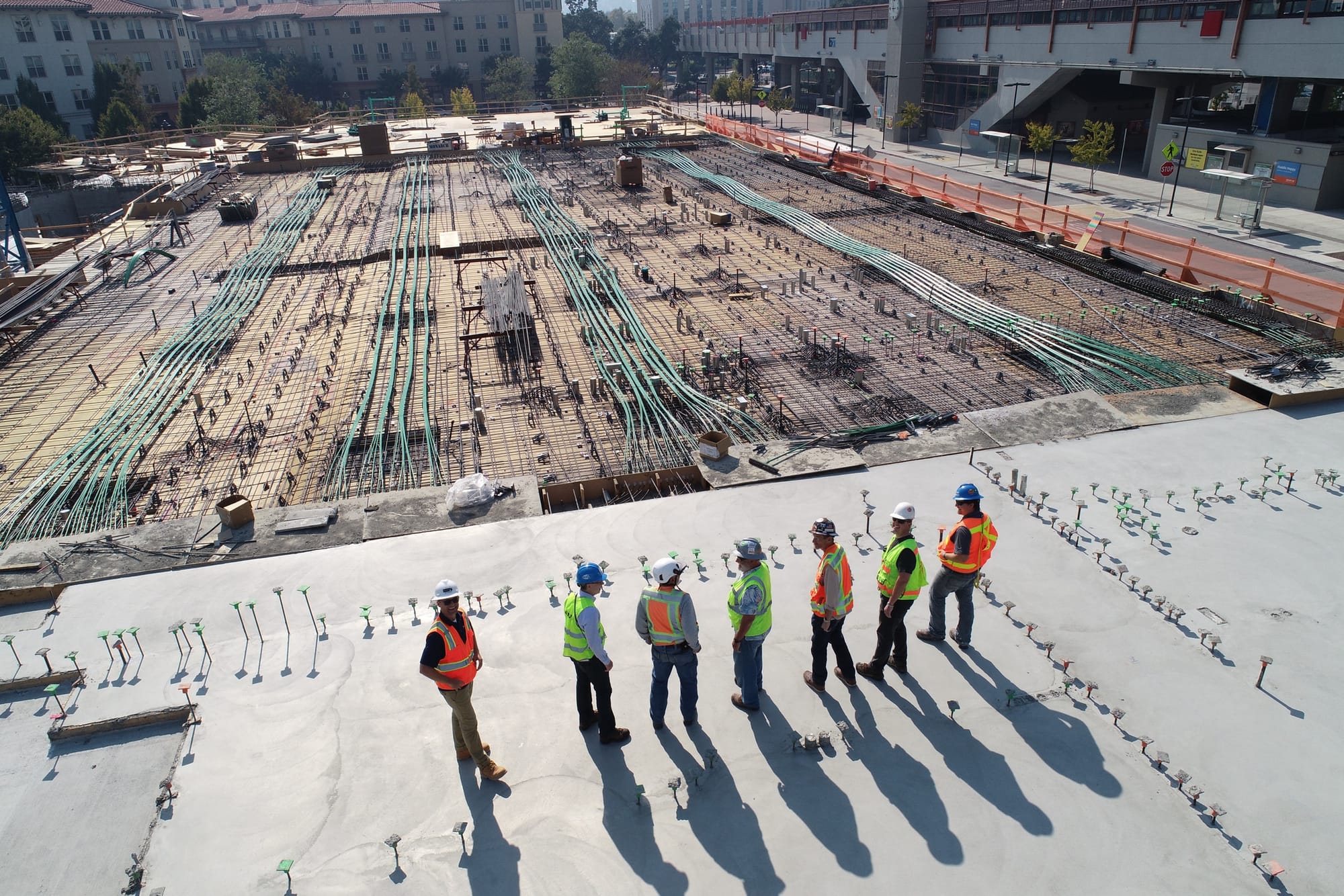Building Infrastructure in Liberia

Building Infrastructure in Liberia: Key Strategies and Considerations
Reconstructing and developing infrastructure in Liberia is crucial for economic recovery and sustainable growth following years of civil conflict and challenges such as the Ebola outbreak. This article explores essential strategies and practical tips for effective infrastructure development in Liberia, offering insights into how stakeholders can contribute to building a resilient foundation for the nation's future.
1. Strengthening Policy and Regulatory Frameworks
- Establish clear regulations that promote transparency, efficiency, and accountability in infrastructure projects.
- Develop policies that encourage private sector investment and public-private partnerships (PPPs).
- Prioritize reforms in key sectors such as energy, roads, and information and communication technology (ICT) to attract both foreign and local investment.
2. Prioritizing Essential Infrastructure
- Focus on critical infrastructure such as roads, electricity, water, and sanitation which directly impact economic activities and quality of life.
- Assess and prioritize projects based on their potential to provide economic returns and improve connectivity within the country and with neighboring countries.
- Implement rural infrastructure projects to promote social inclusion and reduce urban-rural disparities.
3. Emphasizing Sustainable and Resilient Practices
- Incorporate climate-resilient building practices to withstand the challenges posed by climate change and prevent future degradation of infrastructure.
- Utilize local materials and green technology whenever possible to minimize environmental impact and promote sustainability.
- Develop infrastructure that supports renewable energy initiatives such as solar or hydroelectric power projects.
4. Enhancing Capacity Building and Local Expertise
- Invest in training programs and institutions that will equip Liberians with the skills needed for constructing and maintaining modern infrastructures, such as engineering and project management.
- Encourage knowledge transfer through partnerships with international firms and organizations.
- Support higher education in technical fields to ensure a continued supply of skilled professionals in the infrastructure sector.
5. Securing Stable and Diversified Funding Sources
- Explore various funding avenues including international aid, governmental budgets, and private investments.
- Leverage financial support from global financial institutions like the World Bank, African Development Bank, and the International Monetary Fund.
- Promote community-based funding models for smaller projects to increase local engagement and investment in development.
6. Promoting Technology and Innovation
- Adopt cutting-edge technologies such as Geographic Information Systems (GIS) and Building Information Modeling (BIM) for planning and managing infrastructure projects.
- Invest in telecommunications infrastructure to boost digital connectivity and support the growth of digital economies.
- Encourage the development of smart infrastructure solutions that integrate IoT technologies to improve efficiencies and service delivery.
7. Fostering Transparency and Community Participation
- Ensure that all infrastructure projects are conducted transparently to build trust among the stakeholders and the general public.
- Involve community members in the planning and implementation stages of projects to enhance transparency and gather valuable local insights.
- Implement monitoring mechanisms that allow citizens to report on project progress and any concerns regarding mismanagement or corruption.
8. Establishing Strategic Partnerships
- Collaborate with neighboring countries on cross-border infrastructure projects to enhance regional integration and economic cooperation.
- Engage with international experts and companies that have a proven track record in successful infrastructure projects.
- Utilize the support of non-governmental organizations (NGOs) and international development agencies that can provide technical assistance and funding.
9. Regular Maintenance and Upkeep
- Develop a rigorous maintenance schedule for all infrastructure facilities to ensure longevity and optimal performance.
- Allocate adequate funding and resources for the regular upkeep of roads, bridges, power grids, and other critical infrastructure.
- Train local personnel to handle routine maintenance tasks to reduce dependence on foreign experts and foster job creation.
10. Measuring Impact and Adapting Strategies
- Implement performance measurement tools to evaluate the effectiveness and impact of infrastructure projects on economic and social indicators.
- Use data-driven insights to adapt and refine strategies, ensuring that infrastructure development meets its intended goals and benefits all segments of the population.
- Regularly review and revise infrastructure policies and practices to incorporate new challenges and technological advancements.
Liberia's journey to rebuild and enhance its infrastructure is pivotal for its development trajectory. By adopting a comprehensive approach that includes strengthening legal frameworks, prioritizing essential infrastructure, and fostering transparency, Liberia can pave the way for substantial economic growth and improved quality of life for its citizens.


